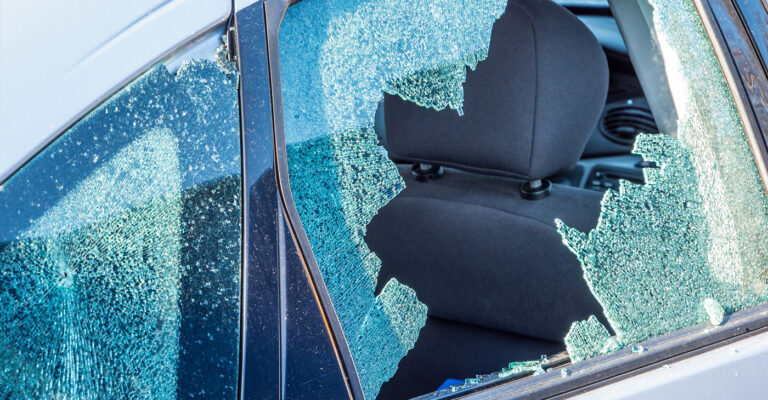By Joe Russo
Washington Informer
Nearly a year ago, my predecessor Traci Buschner wrote in these pages urging the D.C. Council to raise the District’s outdated auto insurance minimums. Since then, the case for reform has grown stronger, but the council has failed to deliver.
For years, Washington, D.C., has struggled to make its streets safer. Under “Vision Zero,” Mayor Muriel Bowser pledged to eliminate traffic deaths entirely. Yet year after year, fatalities rose — peaking last year with 52 lives lost, the highest number in decades.
This year has looked different. So far in 2025, 18 people have been killed in crashes — a pace far lower than last year’s staggering toll. That progress deserves recognition. But there is another, less visible story unfolding on our streets: according to the D.C. Department of Transportation, serious injuries involving pedestrians are up compared to last year.
Behind those statistics are neighbors who may never fully recover. Crash victims are living with broken bones, spinal injuries, brain trauma. They’re losing months of work, struggling to care for families, and facing long, uncertain roads of rehabilitation. And too often, when they turn to insurance to help cover medical bills, they discover the minimum required coverage in D.C. hasn’t been updated since 1986.
That’s nearly 40 years ago. Back then, a Metro fare was 80 cents, the average car cost $8,000, and you could buy a home for $90,000. The $25,000 in required coverage seemed adequate then. Today, it’s woefully out of date. Adjusted for inflation, $25,000 in 1986 equals about $75,000 now. But when it comes to health care, costs have ballooned much faster. At an average growth of 4.6% a year, that same $25,000 in medical care in the late ’80s would now cost nearly $200,000. And yet, D.C.’s insurance minimums haven’t budged in nearly four decades.
The consequences are devastating. What begins as a traumatic crash often becomes financial ruin, as victims find themselves saddled with tens of thousands in uncovered costs. The annual economic cost of crashes in D.C. exceeds $830 million, yet insurance companies pay only about half of that total. Families, taxpayers, and local hospitals shoulder the rest.
The council knows this. Last December, Council member Kenyan McDuffie held a hearing on the Motor Vehicle Insurance Modernization Act (B26-0057). Even industry voices admitted the obvious: our insurance laws are outdated. “Things need to change,” acknowledged Tom Glassic of the D.C. Insurance Federation. “I remember 1986 pretty well too. So it’s been a while.”
He’s right. And the council must finish the job.
Other jurisdictions are already ahead of us. Virginia, which only began requiring drivers to carry insurance in 2024, raised its minimums to $50,000 per person starting this year. D.C. should not lag behind when it comes to protecting victims.
Some worry about costs. But analysis of industry data from the National Association of Insurance Commissioners shows raising minimums does not automatically increase premiums. In fact, states that modernized their laws saw slower growth in premiums than the national average. Updating our law will not make insurance unaffordable — but it will make coverage meaningful.
What makes the industry’s scare tactics even more frustrating is that premiums have risen sharply and regularly since 1986 (up 35% from January 2022 to the end of 2024 alone) while the coverage required by law has stayed frozen in time. With each hike, insurers pocket more while delivering less value. The truth is, raising minimums wouldn’t create a new burden for consumers, it would finally ensure families are getting something meaningful in return for the premiums they already pay.
And let’s be clear: This is an equity issue. Serious crashes disproportionately harm residents of Wards 7 and 8 — communities that are majority-Black and lower-income. Leaving insurance coverage stuck at 1986 levels is yet another way we fail to protect those most at risk.
Traffic fatalities may be down this year. But rising injuries are still devastating families. The D.C. Council has studied the problem, held a hearing, and heard from victims, experts, and even insurers. Now, it must act.
It has been nearly a year since The Informer first published our call to modernize auto insurance minimums. The need has only grown clearer since then. It’s time for the council to pass B26-0057 and ensure that when tragedy strikes, crash victims are not left to suffer alone.
Joe Musso is the president of the Trial Lawyers Association of Metropolitan Washington, D.C.





